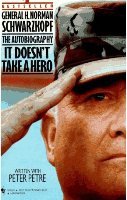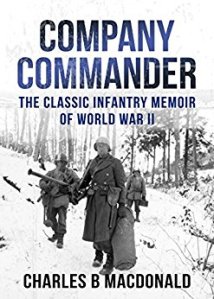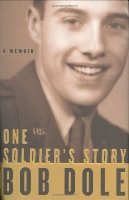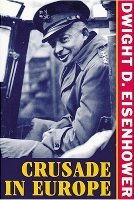
I first read this book in 1995. I have read it once since. "It Doesn’t Take a Hero" by H. Norman Schwarzkopf takes its title from a quote Schwarzkopf gave during an interview with Barbara Walters in 1991; "It Doesn’t Take a Hero to order men into battle. It takes a hero to be one of those men who goes into battle."
First, I must admit I am a Schwarzkopf fan. He commanded the 1st Brigade, 9th Infantry Division as a colonel while I was serving as a 1LT in the 9th Division. His third child (son) was born about two hours after my first son at Madigan Army General Hospital. We spent time in the Army hospital delivery room together. Our wives were in beds besides each other in the hospital ward. We were on a first name basis. He called me lieutenant and I called him sir. Prior to his arrival at Fort Lewis he had been the assistant commander of the 172nd Infantry Brigade (Alaska Brigade). The 172nd Infantry Brigade’s commander he served under was Major General Willard (Will) Latham who Schwarzkopf called the toughest general in the US Army. I have been an acquaintance of MG Latham’s for 35 years. Latham's son was a class mate of mine at University of Texas at Arlington (UT Arlington). Will Latham and I are active members of the Corps of Cadet Alumni Council Board at the UT Arlington. I have discussed Schwarzkopf and Schwarzkopf’s book with Latham. I also am a contributor to the Wikipedia article H. Norman Schwarzkopf.
Schwarzkopf came from an upper middle class family, his father was a West Point graduate, head of the New Jersey state police (who later led the hunt for the Lindbergh kidnappers), and served President Roosevelt on a special assignment in Iran. They lived in the best house in their town, and even employed a maid, but there was a dark family secret... his mother's alcoholism. His experiences in the Middle East in Iran as a young man, where he lived with his general father, gave him a unique insight into the Arab world that served him personally, and the coalition as a whole. He went to boarding schools in the middle-east and in Switzerland. This helped him develop the cultural understanding and build some relationships that he would later call on during the Gulf War.
The part of the book that deals with his duties in Vietnam is interesting. He expresses the popular hindsight viewpoint against the stupidity and arrogance of the politicians and 'Brass' who ordered young men to lay down their lives in that far away land for no good reason. He became convinced that he had to do something to change the army from within; it was either that or he resigns his commission.
His role in leading the rescue of the medical students in Grenada is extremely interesting. It provided him with lessons that were applied during the Gulf War.
The most interesting part of the book is his telling of the Gulf War, Desert Storm. It is probably true to say that without "Stormin'" Norman, there wouldn't have been a, successful, Gulf War. He was able to play on the links his father had with Arab Royalty, and then forged his own links with the current Saudi Royal Family, working with Crown Princes on a first name basis to get things done, everything from releasing endless millions of dollars in payments to the US - what is the daily rental on an aircraft carrier?! - to arranging for "tent cities" to be erected to shield the incoming troops from the scorching desert sun.
The most interesting aspect of the Gulf War section was the politics of the coalition, especially in the Arab world, something that was almost completely missing in Colin Powell's memoir. In this crucial, although mostly unknown area of the War, Schwarzkopf's experiences in the Middle East were invaluable. Middle Eastern politics are a lethal mine field at the best of times - us Brits have had our fingers burnt on more than one occasion over the years! - and pouring hundreds of thousands of free thinking, free drinking, Western troops of endless religious and moral persuasions into the autocracy that is the kingdom of Saudi Arabia, should have been a recipe for utter disaster!
Schwarzkopf's deft handling of the endless 'difficulties' involving religious services, the consumption of alcohol, the reading of magazines of dubious 'artistic' merit, even the receiving of Christmas cards and the erection of Christmas decorations, were handled with a skill and subtlety that one would not have thought a mere 'soldier' possible. And then of course there was the Israeli question. The one thing above all else that would have blown the coalition apart would have been Israel attacking Iraq in retaliation for the Scuds that fell on Israeli territory. Although much of the efforts to keep Israel out of the action were handled direct from Washington, Schwarzkopf's handling of the Saudi's in particular, on the ground as it were was masterful.
"It Doesn’t Take a Hero" is a fascinating tale, a real inspiration; it shows what one man can achieve through clear thinking, a positive attitude, boundless enthusiasm, and a profound love, not only of his own country, but of mankind. I would recommend it highly. Read and reviewed by Jimmie A. Kepler.










